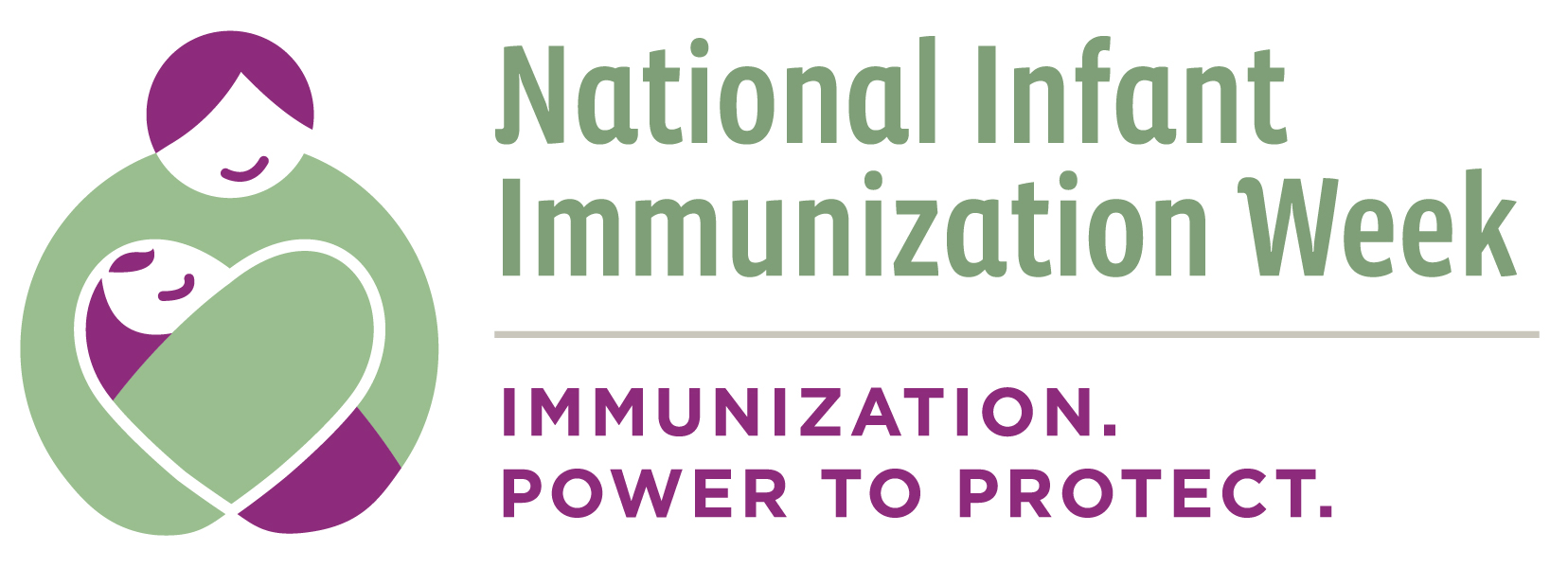Are Your Children Protected from Vaccine-Preventable Disease?

Margo Kerrigan, M.P.H., Area Director
Indian Health Service California Area Office
The week of April 21 - 28, 2012 is National Infant Immunization Week (NIIW), a week recognized by the Centers for Disease Control and Prevention (CDC) as a National Health Observance. National Infant Immunization Week (NIIW) is an annual observance to highlight the importance of protecting infants from vaccine-preventable diseases and to celebrate the achievements of immunization programs and their partners in promoting healthy communities. Immunizations have been identified as having a crucial role in safeguarding public health around the world. During National Infant Immunization Week, hundreds of communities across the country will join in celebration. CDC predicts that over 60 countries around the world will participate.
Making sure that your children are current on all immunizations is one of the best ways to prevent a number of very serious illnesses that can result in hospitalization and even death.

While the United States has few cases of the diseases that the immunizations protect against, the viruses and bacteria that cause them still exist. Each child who isn't immunized gives these highly contagious diseases one more chance to spread. Less than twenty-five years ago large numbers of children in this country were killed or disabled by two of the diseases for which immunizations are recommended: From 1989 to 1991 there was an epidemic of measles in the United States. The outbreak resulted in over 55,000 cases, more than 11,000 hospitalizations, and 166 suspected measles-related deaths. Some of the survivors suffered permanent brain damage. The cases were predominantly unvaccinated preschoolers. Hib disease (Haemophilus influenzae type b) was the leading cause of bacterial meningitis in children younger than 5 years old in the United States as recently as the mid-1980s. It struck one child out of every 200 in that age group. About one in four of these children suffered permanent brain damage, and about one in 20 died.
Without vaccines, epidemics of these and many other preventable diseases could return, resulting in increased illness, disability, and death among children. That's why it's important that children, especially infants and young children, receive recommended immunizations on time.
Because childhood immunizations are such an important part of preventive health care for children, the Indian Health Service tracks rates annually. In 2007 and 2008, only 78% of American Indian and Alaska Native (AI/AN) children between the ages of 19 and 35 months had the full series of recommended immunizations. In 2011, only 75.9% of AI/AN children in this age group were identified as having received the complete series of recommended immunizations, leaving a larger number of our children unprotected.
Make sure your child is not among the large percentage of children that are unprotected. If you don't have insurance, vaccines for Alaska Native and Native American children are free under the Vaccines for Children Program. At each clinic visit, ask the doctor or nurse to check your child's immunization record and give any vaccines that are due.
For more information on infant immunizations, you may visit the NIIW, CDC web site at http://www.cdc.gov/vaccines/events/niiw/index.html ![]() . At that site you will find resources that promote infant immunizations and the 2012 National Infant Immunization Week. Information related to Immunizations in the AI/AN population can be found at: http://www.cdc.gov/features/aianflu/
. At that site you will find resources that promote infant immunizations and the 2012 National Infant Immunization Week. Information related to Immunizations in the AI/AN population can be found at: http://www.cdc.gov/features/aianflu/ ![]()


 California Area Office
California Area Office